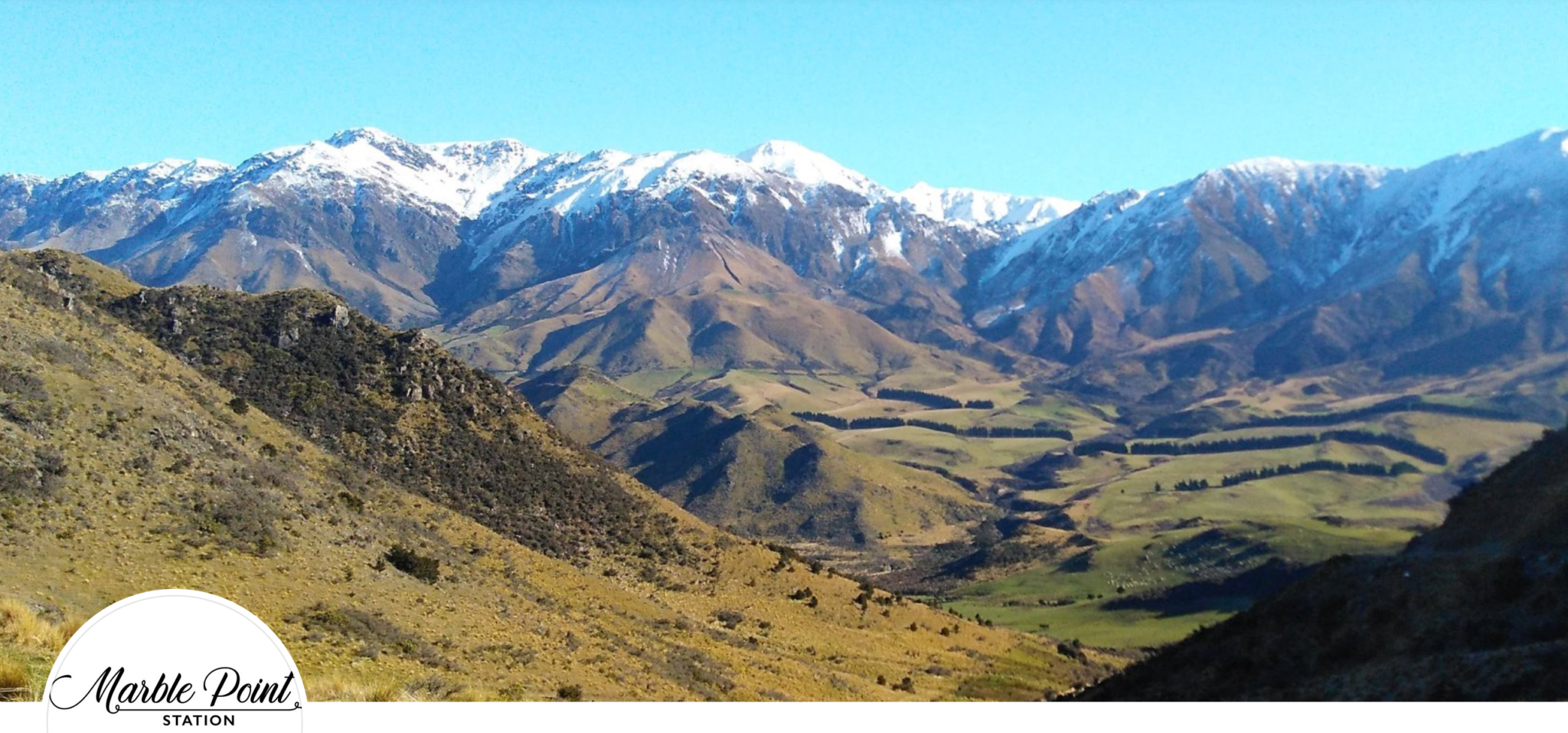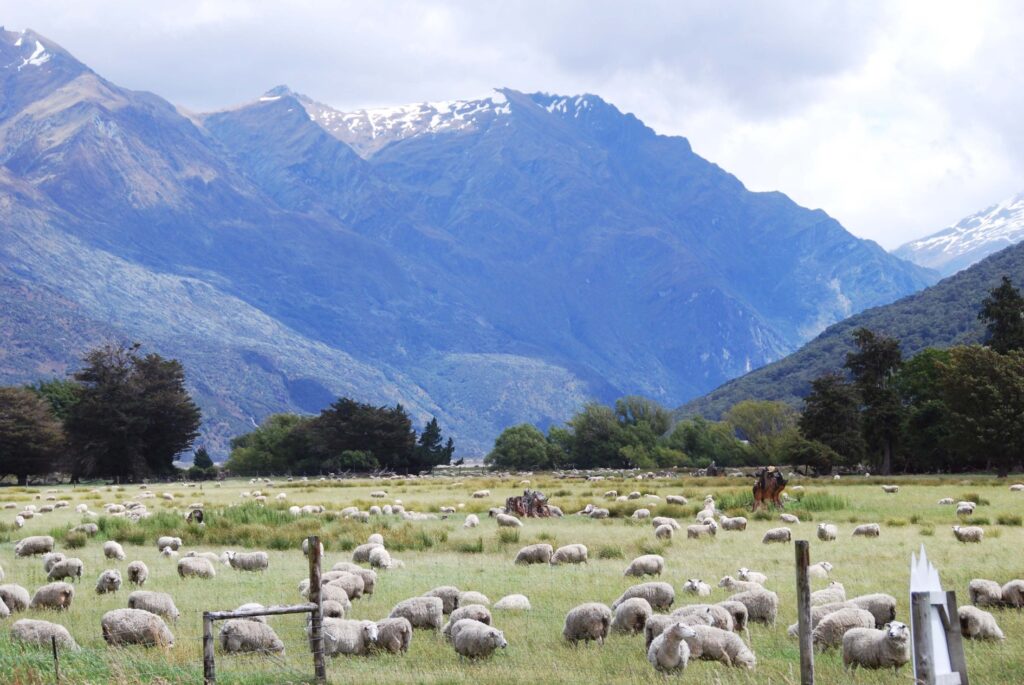The soft footprint of wool
![]() (Continued from Good Yarns)
(Continued from Good Yarns)
The Southern Series will be another platform for wool to dispel myths about the fibre, Dwyer says. “I’ve spoken to people who have been advised not to buy wool especially when carpeting houses, in clothing people are still in the archaic notion that wool is itchy and can’t be worn against the skin. The perceptions that we have to fight against daily are incredible.”
There’s no shortage of innovation in the wool industry, it’s just that old and misleading ideas die hard. “There are people that honestly believe that to remove the wool from an animal we have to end its life. That’s just so preposterous and we just do everything we can to try and show people that it is completely renewable, that the animals are processed as efficiently and effectively and as humanely as we possibly can to continue them in growing that amazing product,” Dwyer says.
Colin King, with a glittering CV that includes a Golden Shears championship and a position as a New Zealand Wool Board director, has worked with wool every possible way: “Used for draping, upholstery and in carpets, wool’s an amazing renewable product and there’s never been a better time for wool to reassert itself,” he says.
“It’s probably one of the major anomalies that’s glaring when people talk about climate change and all the adjustments that need to happen and yet we’re producing more synthetic fibre and rugging ourselves up with oil-based products. And meanwhile wool’s there and it deserves to have its day again. I think that anything that can link together and pull resources and get the cut through to the community and to the world at large that wool is that sustainable product has to be a winner”, King says.
New Zealand Agricultural Show General Manager Tracy Ahern would love to see wool recognised for its amazing versatility. “We now get it in skin care, we now get it in make-up, it’s the warmest product. Last year on the show TVNZ did with us we focussed on surfboards being made from it. As New Zealanders we need to celebrate what we’re good at and I’d really like to see the industry grow and be put up on a pedestal so that we all start using natural fibres,” she says.
The Southern Series spokesperson Hugh de Lacy says the event – and later the global series – will “take the extreme sport of sheep-shearing to a global audience” and promote wool as a sustainable, natural fibre to a vast new audience currently unaware of its capacity to replace swathes of harmful synthetic products.
“I always like to borrow a marvellous phrase from shearing icon Mavis Mullins, who recently used the term ‘soft footprint’ to describe the wool industry. I don’t think there’s a better way to portray it. Not only will competitive shearers benefit financially from hugely increased recognition as supreme athletes, but the global exposure will highlight the relevance of wool to the battle against climate change, by reducing or eliminating the immense damage done to the environment by oil-derived fibres,” de Lacy says.


Sustainability: Overcoming archaic notions.
